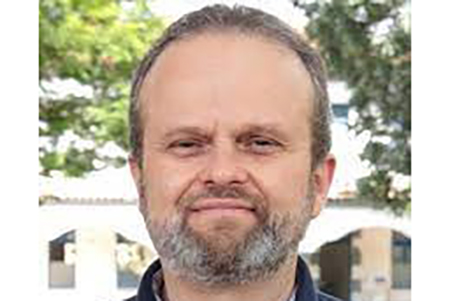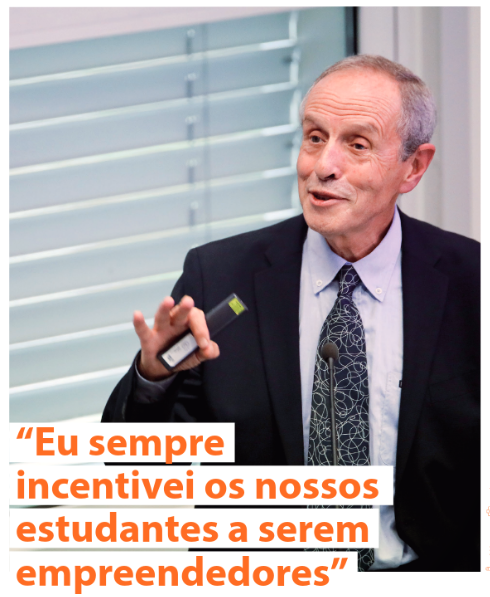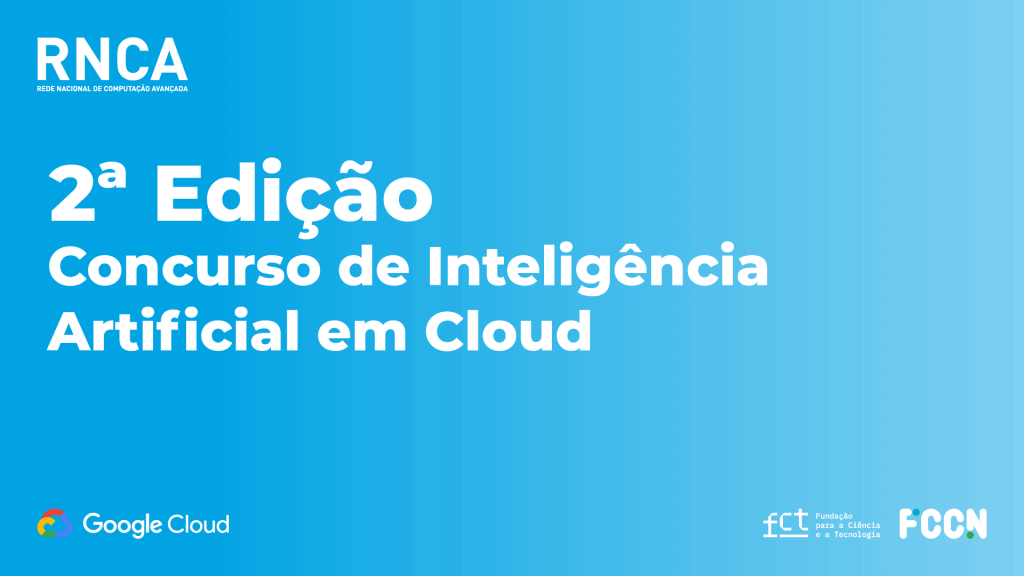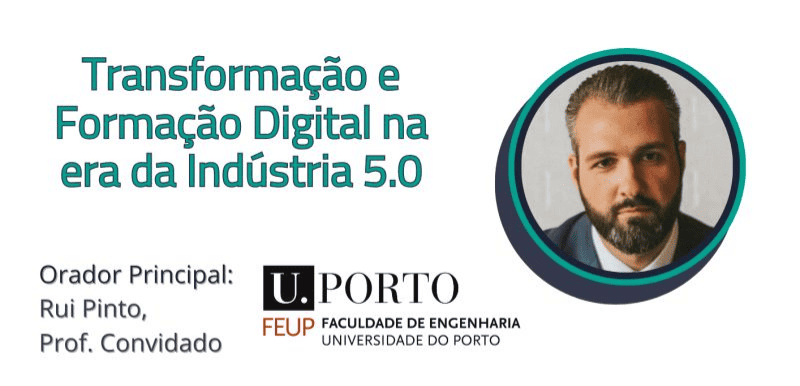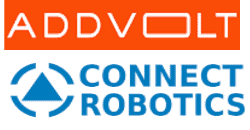The FCT approved Dr Roman Chertovskikh’s Proposal
Proposal of the integrated member of ISR-P/SYSTEC Dr. Roman Chertovskikh was approved by the Fundação para a Ciência e a Tecnologia (FCT) in the framework of the 4nd call for Advanced Computing Projects [1], A2 Project or Regular Access type. The proposal obtained the highest classification in the evaluation panel of Earth and Environmental Sciences and the only one in…


